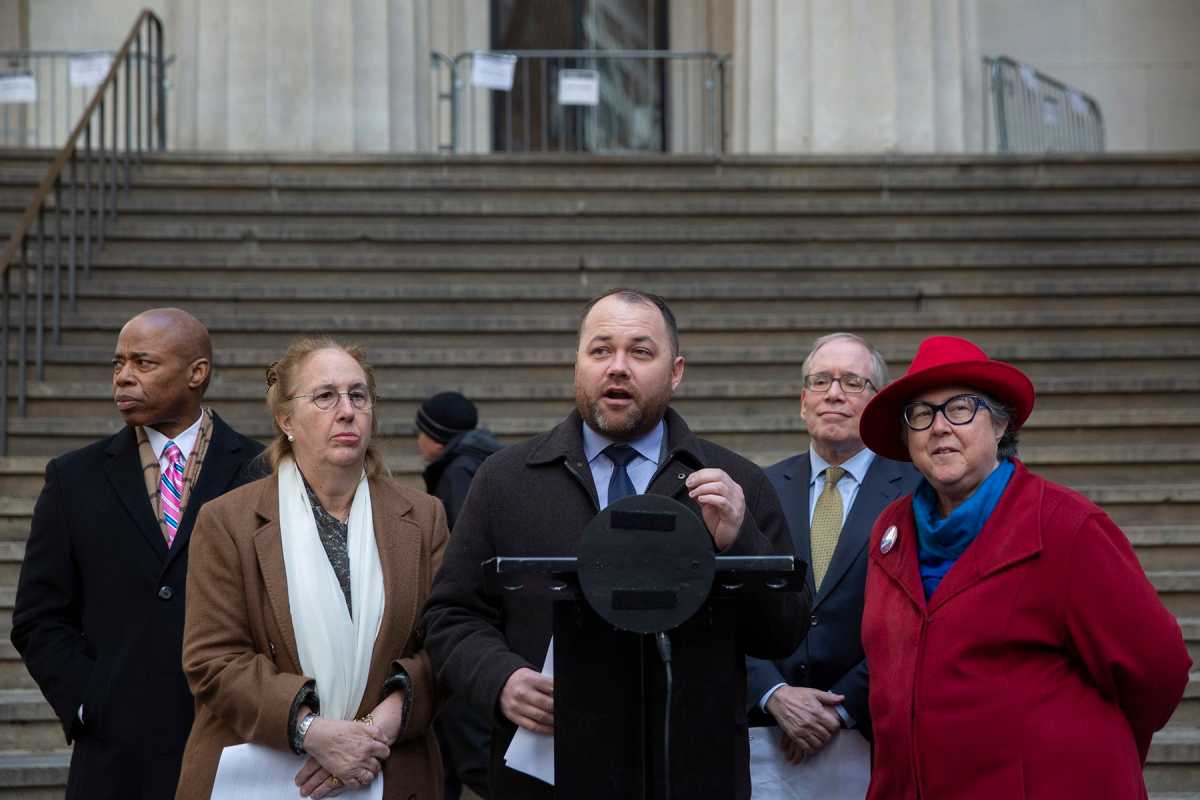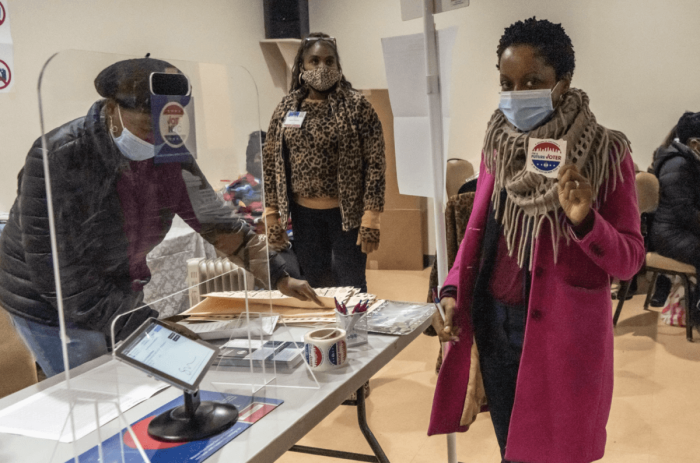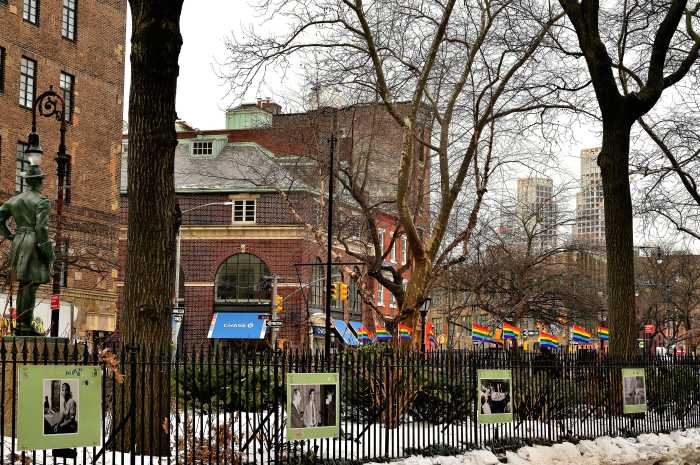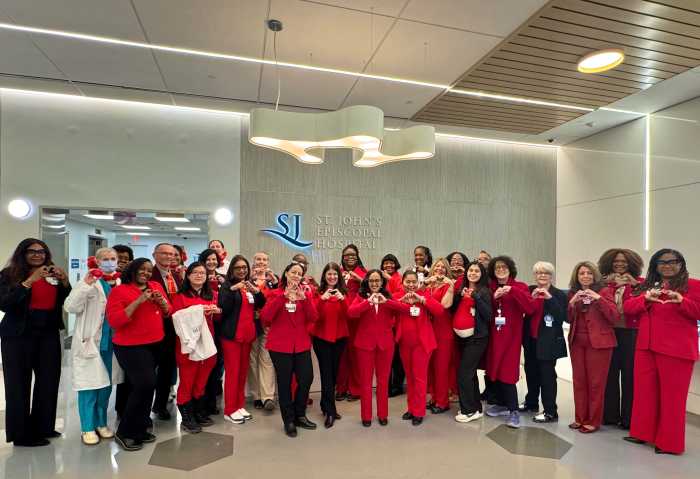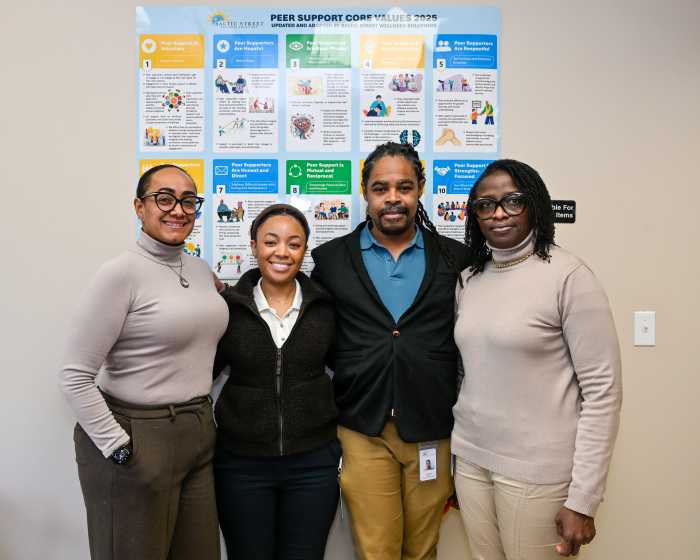A contingency of New York lawmakers, along with several community organizations on Tuesday filed a lawsuit in Manhattan State Supreme Court to halt the implementation of Ranked-Choice Voting (RCV) from being rolled out this year.
RCV, which voters approved in a ballot referendum last year, allows voters to pick up to five candidates in order of preference. If no candidate receives more than 50% of the total, the last-place finisher is eliminated. The voters that picked the eliminated candidate will have their second choice counted. That process is repeated until there’s a winner.
As Gothamist first reported, RCV is scheduled to go into effect in city elections this year, but the complaint filed in Manhattan State Supreme Court argues the city’s Board of Elections (BOE) and the Campaign Finance Board (CFB) did not meet their obligations as mandated in the City Charter to roll out the new voting system and educate communities about it.
The complaint further argues that these failures could adversely impact communities with limited-English proficiency and communities of color.
“This is not about the referendum. This is about making sure we do it the right way and not rush reforms without being in compliance with basic voting rights,” said City Councilmember Alicka Ampry-Samuel (D-Brooklyn), one of the plaintiffs on the suit.
The other lawmaker plaintiffs include Council Majority Leader Laurie Cumbo (D-Brooklyn); the co-chairs of the Black, Latino and Asian Caucus, Adrienne Adams (D-Queens) and I. Daneek Miller (D-Queens); and City Councilmembers Farah Louis (D-Brooklyn), and Robert Cornegy (D-Brooklyn).
The lawsuit filing followed a lively and impassioned debate before the City Council’s Committee on Governmental Operations on Monday. While the stated objective of the meeting was to discuss and assess citywide readiness for RCV in upcoming special elections for two city council seats in Queens and the 2021 citywide primary and general election.
Attendees from the CFB and BOE and reiterated the efforts they have taken to insure city readiness, while some members from the city council as well as community-based organizations expressed skepticism about the initiative’s motives, budget and voter education provisions.
Some of the activists and community members and council members expressed the opinion that RCV is inherently biased against candidates of color and those from traditionally marginalized communities, signaling resistance to even implement the mandate at all.
Cornegy likened RCV and the associated voter confusion to a “poll tax” and an impassioned community participant noted that “implementation of Rank Choice Voting may be circumventing the democracy we have come to master…”.
With the “don’t implement at all” debate simmering in the background, the lion’s share of the more than five-hour meeting was focused on querying BOE and CFB representatives as to the details of the mobilization logistics and voter outreach and education components. The underlying refrain being a steady, “Are we ready?”.
BOE Executive Director Mike Ryan assured the council and community members that the BOE is well-positioned to take on the additional logistics involved with RCV, most notably ballot-counting software procurement and voter education support.
However, with the first impacted election only two months away, Cumbo along with City Councilman Kalman Yaeger (D-Brooklyn) and Lurie Daniel Favors with the Center for Law and Social Justice (a self-proclaimed RCV proponent) expressed grave concerns that there is not enough time, planning and forethought to effectively inform, educate and “train” voters and poll workers in time for the February runoff election.
“We’re not ready for this in New York City,” said Adams, “How will we reach Black voters with digital rank choice voting campaigns with the digital divide? Is it even possible in a pandemic? How will we reach out to our seniors in any significant way?”
At issue is the reality that the voter information and education rollout is planned to be mostly digital, which critics say will disproportionately impact the over 50% of Black and Brown constituents with no internet access as well as the elderly who may not be tech-savvy. Additionally, the budget slated for outreach efforts is scant in comparison to the immense effort required to insure an informed electorate.
Referring to the extensive linguistic, hands-on training and digital access needs of his fellow community members Kirsten John Foy with the National Action Network said that “this is a very elitist conversation that we are having” with Yeager agreeing that this will require “Vast and monumental change in voting, across all communities in the city. You’re talking about hundreds of languages and thousands of different methods”.
Some speakers argued that to ensure RCV is successful the city should fund an immediate voter education campaign.
“It is on all of us — the government, candidates for office, and community organizations, to engage all voters as a part of the Democratic process, but the city should and must be the leader on this effort,” said Josue Pierre, candidate for City Council in Brooklyn’s 40th District.
“To put it into perspective, about $40 million was invested in the 2020 census effort and the current, as was stated earlier in the hearing, for ranked-choice voting is $1 million,” he added.
[This article was originally posted on our sister site, Kings County Politics.]


